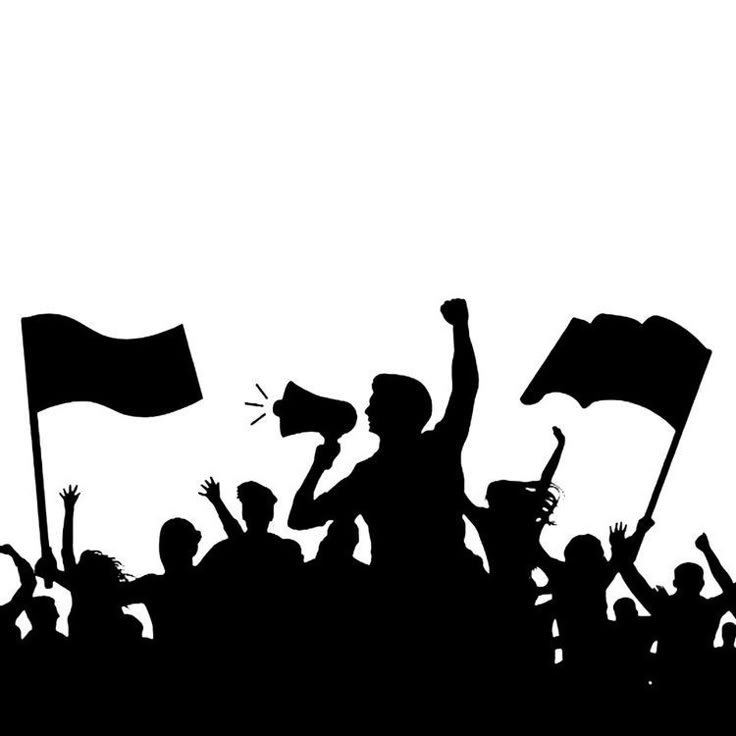For some time, a subtle but pervasive trend has emerged in modern media: a narrative that often portrays men in a negative, one-dimensional light. This isn’t about valid criticism of harmful actions, but a broader, often cynical, portrayal that can contribute to a sense of purposelessness and resentment among men.
The Erosion of Traditional Male Roles
Historically, media and culture provided a framework for what it meant to be a man. While often flawed, these traditional roles offered a clear sense of purpose—as a provider, protector, and leader. Today, these roles are frequently depicted in a negative or comedic way. The hardworking father is often portrayed as incompetent, the strong male character as toxic or simple-minded. This constant deconstruction of traditional masculinity leaves a vacuum, offering no new, positive model to replace the old.
This erosion of traditional roles, without a clear, constructive alternative, can leave men feeling adrift. When the very foundations of your identity are consistently mocked or dismissed, it can be difficult to find a new path forward.
The Lack of Positive Male Role Models
In place of strong, principled male characters, modern media often offers a few recurring archetypes:
The Incompetent Buffoon: Used for comedic effect, this character struggles with basic tasks and relies on a competent female partner to solve his problems.
The “Toxic” Alpha Male: This character is often portrayed as a relic of the past, with his assertiveness and ambition presented as negative traits.
The “Woke” Savior: While well-intentioned, this character is often so focused on atoning for the perceived sins of his gender that he lacks a strong, self-defined identity.
These caricatures provide little for young men to aspire to. The media has largely stopped celebrating male virtues like courage, sacrifice, and stoicism, traits that are essential for building a resilient and purposeful life. When men see themselves primarily represented as either a problem to be solved or a punchline, it fosters a sense of resentment. It’s a feeling of being constantly told you are part of the problem, with little guidance on how to be part of the solution.
Ultimately, the issue with “man bashing” isn’t about defending bad behavior. It’s about recognizing that a media landscape that systematically undermines male identity, without offering positive alternatives, is a disservice to all. It contributes to a quiet but growing crisis of purpose and identity that, left unaddressed, will have far-reaching social consequences.
Juliet.













